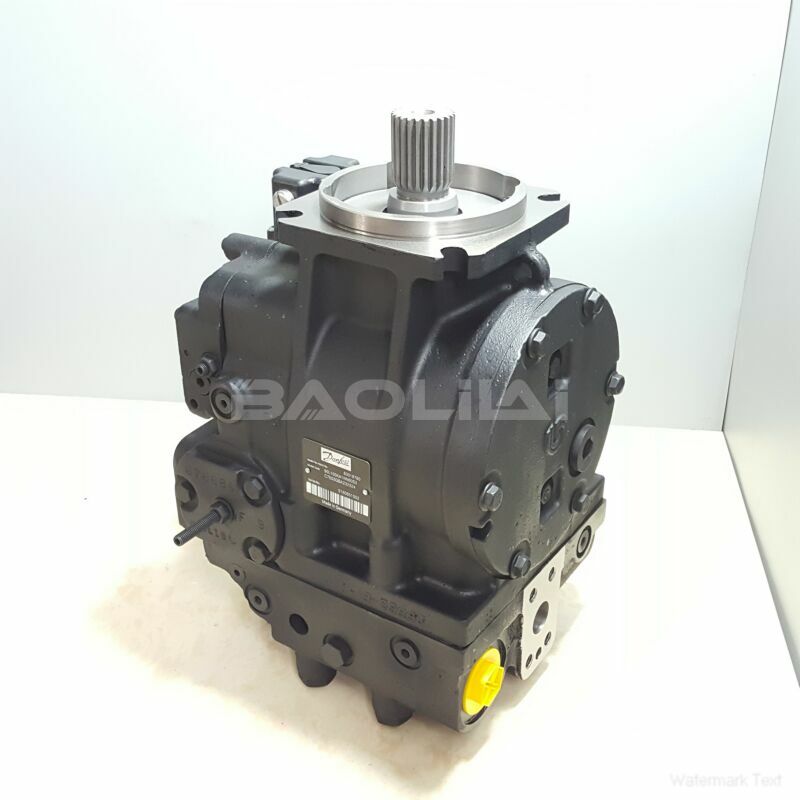90L100KP1BC80S3F1E03GBA424224 danfoss pump
90L100KP1BC80S3F1E03GBA424224 danfoss pump

- Product Details
- Applicable Scene
In the realm of industrial operations, the efficient management of fluids is crucial for maintaining productivity and minimizing losses. Among the various pumping systems available, plunger pumps stand out as a reliable solution for transporting fluids while significantly reducing the risk of fluid loss. This article will delve into the mechanics of plunger pumps and explore how they effectively minimize fluid loss in diverse industrial applications.
90-L-100-KP-1-BC-80-S-3-F1-E-03-GBA-42-42-24
90L100KP1BC80S3F1E03GBA424224
Plunger pumps operate on a simple yet effective mechanism. They utilize a cylindrical plunger that moves back and forth within a chamber, creating a vacuum to draw in fluid and then expelling it under pressure. This mechanism is particularly advantageous for handling high-viscosity fluids and those with suspended solids. The design of plunger pumps allows them to maintain a constant flow rate, ensuring that fluids are transported efficiently without interruptions.

9622242
One of the primary advantages of plunger pumps is their ability to create a tight seal within the pumping chamber. This feature is vital in minimizing fluid loss due to leakage, which can be a significant problem in many industrial settings. The precision engineering of plunger pumps means that the clearance between the plunger and the cylinder is minimized, further reducing the likelihood of any fluid escaping during operation.
Additionally, plunger pumps are designed to handle a wide range of pressures. In industries such as oil and gas, chemical processing, and water treatment, where high-pressure applications are commonplace, the robust construction of plunger pumps ensures they can accommodate these conditions without compromising integrity. This capability helps in managing fluid loss during high-pressure operations, where other pumps might fail or experience leaks.
Another factor contributing to the efficiency of plunger pumps is their ability to handle various types of fluids, including corrosive, abrasive, and viscous liquids. In processes where different materials are transported, fluid compatibility is crucial. Plunger pumps can be constructed from materials that resist corrosion and wear, ensuring longevity and performance while preventing leaks that could lead to fluid loss.





